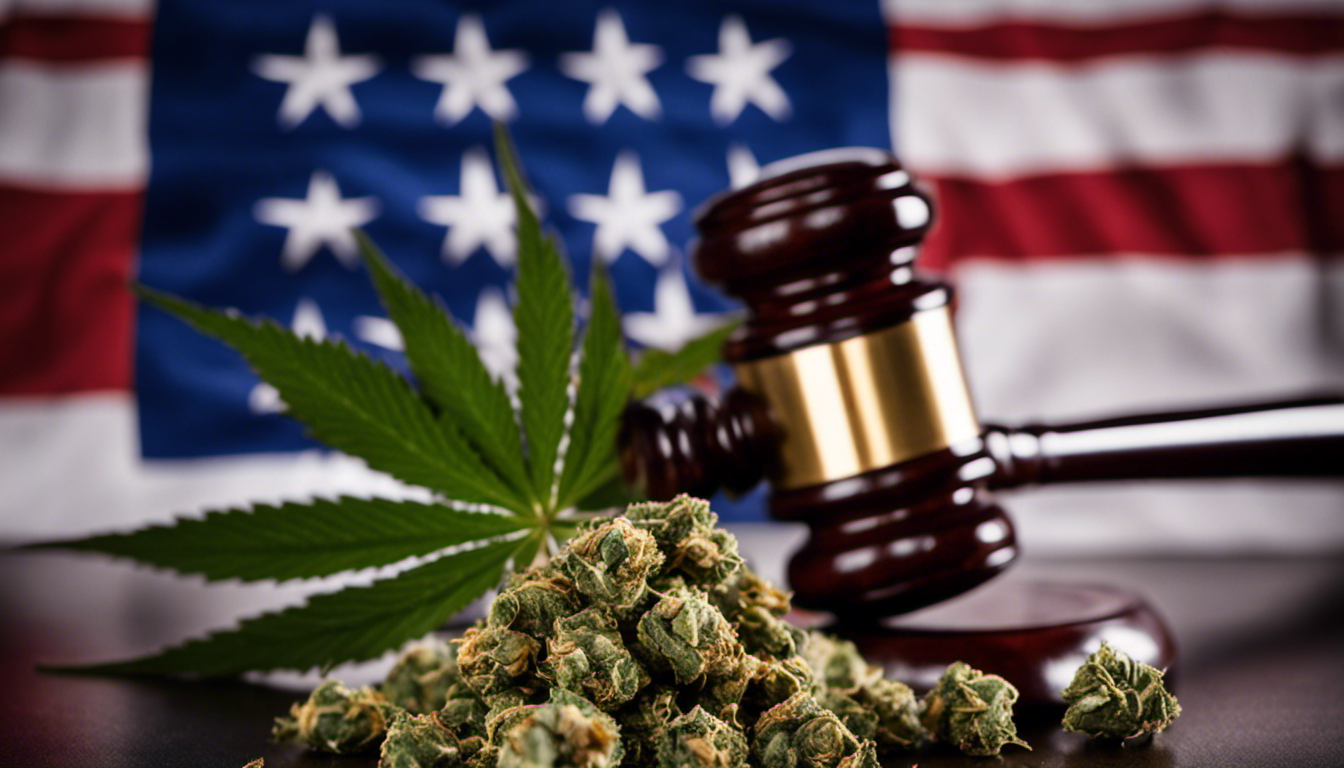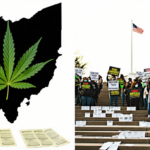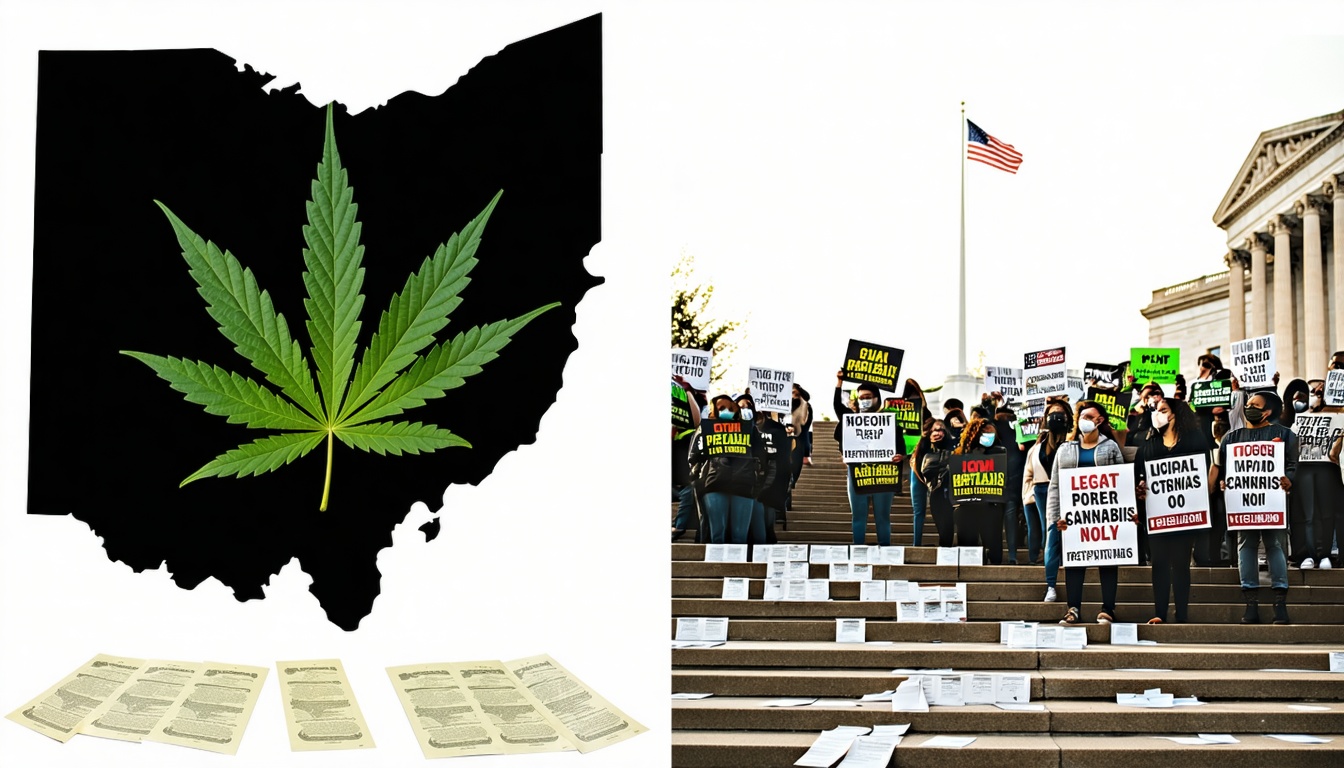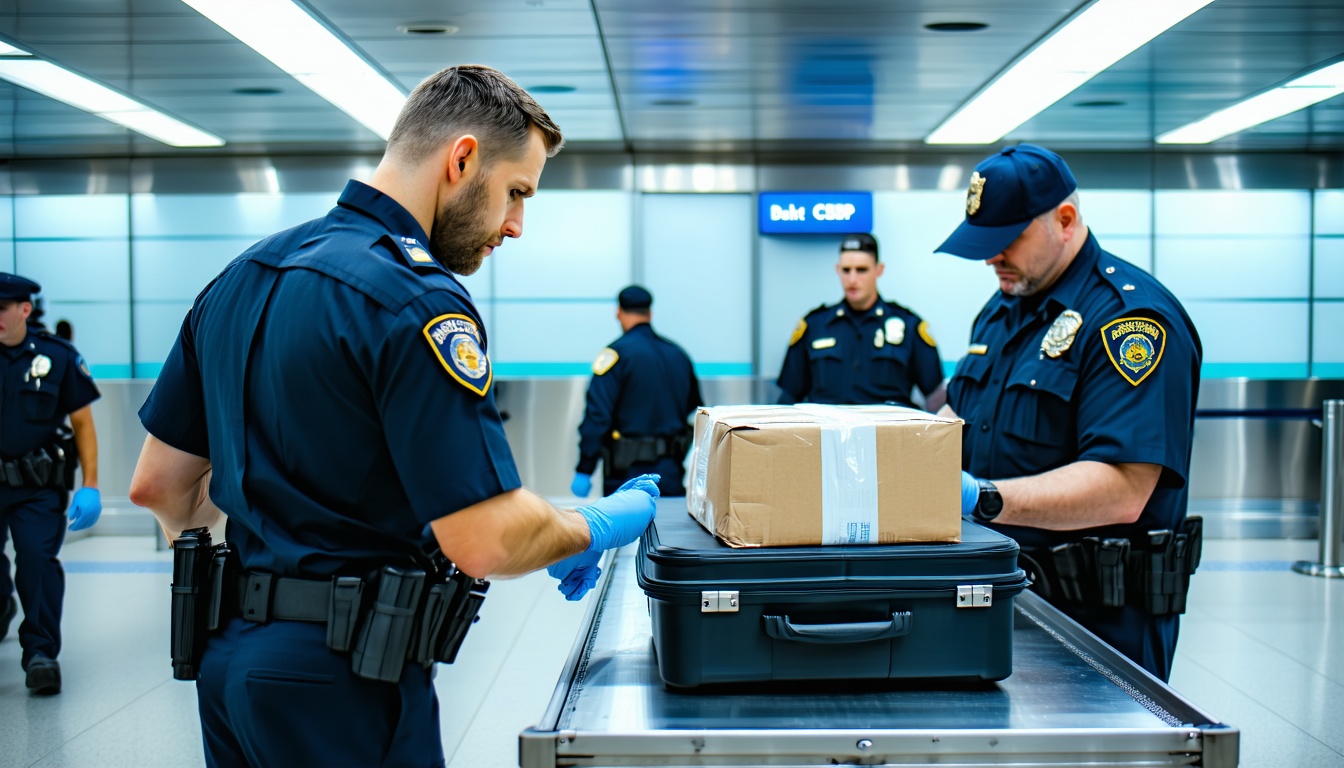Tennessee’s Complex Marijuana Laws Spark Controversy
The Tennessee Bureau of Investigation (TBI) is facing criticism over its testing of marijuana evidence, which has raised questions about the state’s laws regarding the drug. The TBI stands by its testing methods, but experts argue that the laws are too vague, leading to confusion and potentially false convictions.
One example of this is the case of George Worden, who was convicted of marijuana possession four years ago after buying a product legally at a store in Gallatin. However, his conviction was recently overturned after the TBI warned prosecutors that the testing of the evidence may not be conclusive.
The issue revolves around the testing of THCA, Delta 8, and 9 products, which are legally sold in Tennessee if they contain less than 0.3% THC. However, when heated, the THC level can increase to an illegal level. TBI Director David Rausch acknowledged that this is a “hairsplitting game” and that consumers should be aware of the risks.
Experts argue that the laws are too ambiguous, leaving consumers and law enforcement in a difficult position. Clint Palmer, a former hemp researcher at Middle Tennessee State University, testified in pot cases, arguing that the TBI cannot determine whether the cannabis was legal or illegal at the time of purchase or after testing, leading to false convictions.
The issue ultimately falls on lawmakers and regulators to address the confusion and provide clearer guidelines. Until then, experts recommend treating any legal cannabis product purchased in Tennessee as if it were marijuana. The controversy highlights the need for lawmakers to revisit and clarify Tennessee’s marijuana laws to ensure justice and fairness for all.












